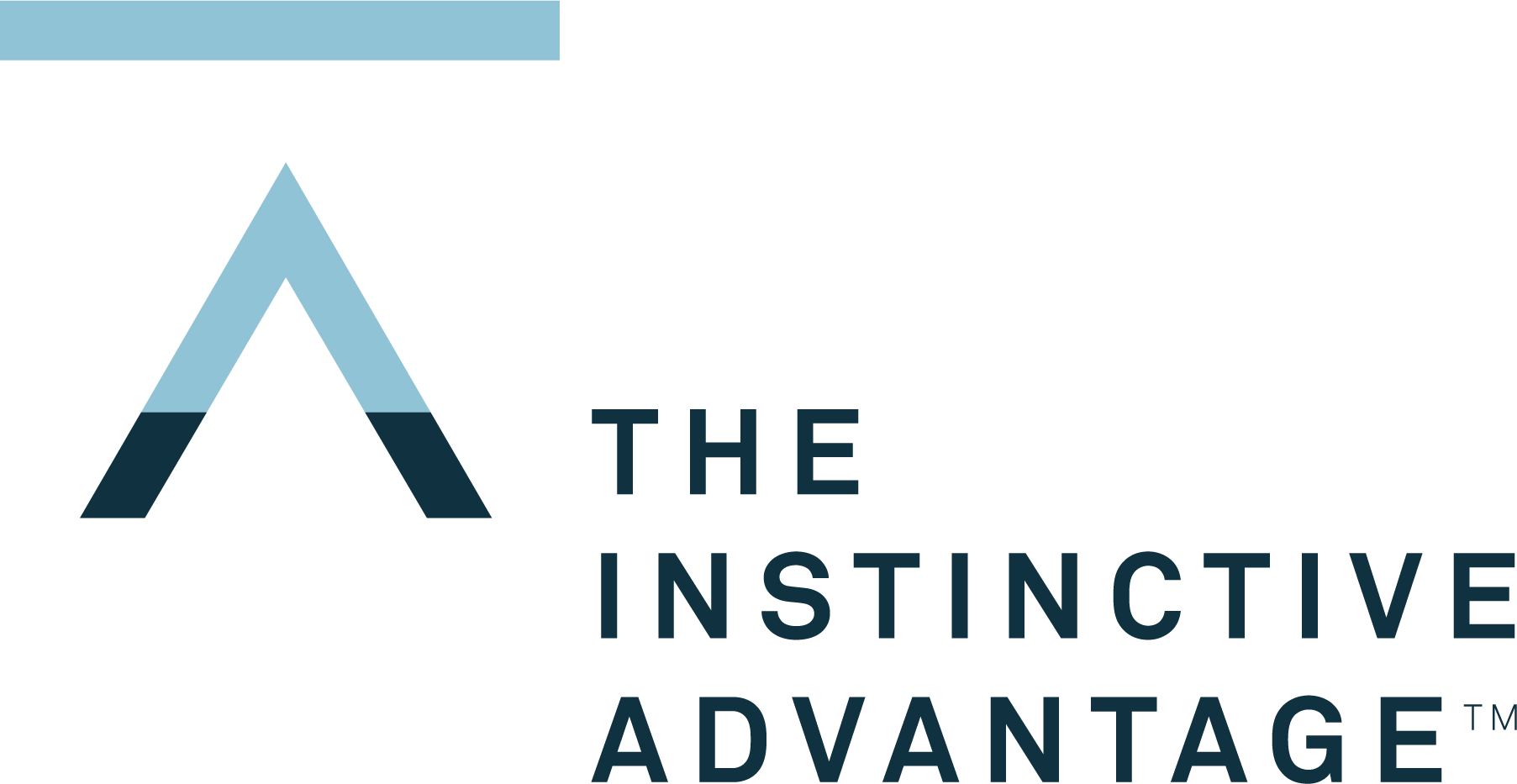Have You Assessed Your Team’s Health Lately (No, Not Their Physical Health)?
Our conversations in 2020 centered around physical health.
From PPE to proper cleaning to quarantining and so on.
And rightfully so.
But what about other forms of health?
Specifically, what about toxic cultures, negative competition, wasting of time and energy, or experiencing a heavy-ness at work?
While our world has spent much time addressing physical health, I wanted to remind you as professionals and leaders that team health is important to consider consistently as well.
Lead with intention
One of the most common reasons for negative team health is not that leaders forget about their team’s health. Instead, they take it for granted. With an abundance of responsibilities and goals, leaders often postpone conversations about team health because they don’t see any large issues or problems looming. The problem with this strategy is that it’s the same as not having a fire safety plan in your building; once there is a problem (fire), it’s likely too late to fix it.
So, in an effort to be less passive, consider implementing these simple strategies:
Assess yourself
By assessing yourself as a leader, you can find areas to improve not only how you lead, but also how you serve. We recommend assessing your instincts, as well as your team’s, so that you have a complete understanding of how you can all best operate productively together; and how you can lead each team member well.
Get the right people in the right seats
When it comes to growing a business, having the right person in the right seat is essential. Most leaders - like you - understand that. However, many leaders understand the concept, yet fail to implement techniques to achieve a “right person, right seat” solution. The first thing you must understand is there are many factors to ensure you have the right person in the right seat, but none as important as their conative response; how individuals take action. Typically we see organizations assess their teams based on the cognitive (intelligence or skill) and affective (feelings) measures, yet miss the instinctual actions that are associated within both of them. Learn more about how to get the right person in the right seat here.
Keep the conversation open
When team health is consistently acknowledged, and conversation is encouraged, there is room for progress to be had. In my work I find that organizations who prioritize open and honest conversation also prioritize team health. So, keep the conversation open between leadership and employees.
If you don’t know where or how to start the conversation with your team, here are a few questions to ask:
Are your team members working in their individual instincts?
Do your team members know who to bring in when they get stuck?
Is your team managing conflict within their projects?
Does your team launch projects well?
Also, if you’d like a further explanation of these questions, I wrote another blog about them. You can find that here.
Understand the consequences
Team health is important because the consequences of negative team health are dire. So, it’s important that you understand the consequences and warning signs of a team that isn’t healthy. These include:
A lack of engagement.
Consistent turnover within positions.
A limited willingness to be vulnerable with each other.
Poor results.
A non enjoyable workplace.
By knowing what to look for, hopefully you're more prepared to address it. As we mentioned above, start by leading with intention and keeping the conversation open.
Team health isn’t something that is fixed overnight.
Unfortunately, it’s not something you can simply clean and disinfect, and then move on from.
Instead, I hope you start thinking about team health, and the importance of making it a priority, as a consistent part of your leadership responsibility.
If you’d like to learn more about how to address your team’s dynamically specifically, I’d be more than happy to schedule a strategy call.
Here’s to healthy teams in 2021.
Both physically and instinctually.
-E
